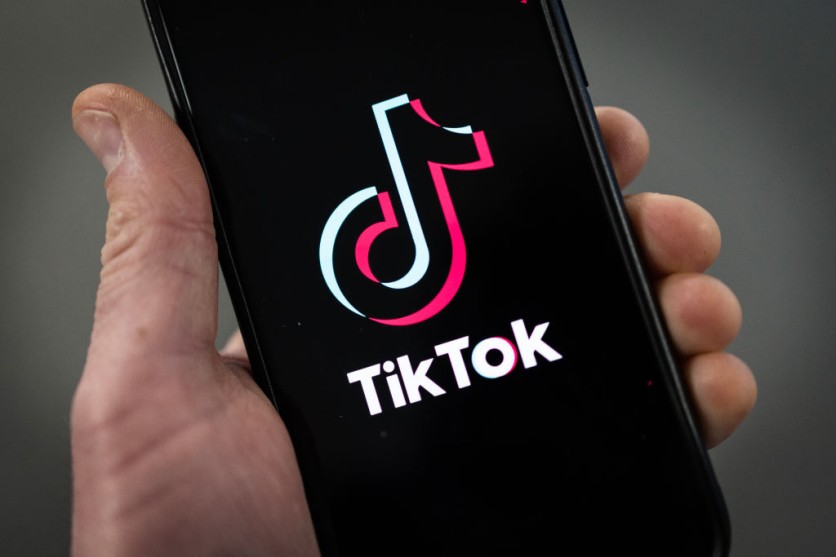The removal of TikTok's Creative Center tool, which provided data on hashtag popularity, has stirred controversy following the publication of a critical report by researchers. Accessible to advertisers and researchers, this tool was a unique resource for tracking the prevalence of specific hashtags on TikTok.

Stirring Controversy
The recent move by TikTok raises questions about transparency and limits external insight into how content spreads on the platform, especially when compared to other social media platforms like Instagram.
Engadget reported that the tool's absence impedes researchers' ability to analyze and understand the dynamics of hashtag trends, impacting both academic studies and public scrutiny of the platform's content dissemination practices.
After the report surfaced, researchers noted the sudden disappearance of the search feature within Creative Center, leaving them without an explanation.
The researchers from NCRI revealed that the capacity to search for hashtags had been entirely removed from the user interface, a discovery made by NCRI on Christmas day, just days after the initial release of the report.
Additionally, TikTok had disabled direct access to several "sensitive" topics, previously monitored by the researchers, encompassing hashtags associated with US politics and various geopolitical matters.
TikTok confirmed the alteration, expressing concern about the misuse of the Creative Center's search function by certain individuals and organizations. The company noted that adjustments were being made to some features to ensure the tool is utilized for its intended purpose.
Growing Tensions Between Other Platforms
This incident adds to the growing tensions between social media platforms and researchers exploring challenging subjects such as misinformation, as reported by The New York Times.
Meta has faced similar conflicts and is reportedly planning to phase out CrowdTangle, a widely used tool by researchers and journalists to analyze content dissemination on Facebook.
In a parallel move, X has significantly limited researchers' access to data since Elon Musk assumed control of the company, turning its once-open APIs into a resource beyond the reach of most groups.
TikTok appears to be particularly cautious about the perceived misuse of its tools. The company has consistently refuted allegations of aligning its content policies with the interests of the Chinese government, despite calls from numerous officials for the app's ban.
Recently, TikTok faced heightened scrutiny over its handling of content related to the Israel-Hamas war, with criticism fueled by the company's claim of an inaccurate portrayal of hashtag data.
Nevertheless, the company has shown some willingness to collaborate with researchers. TikTok initiated the provision of an official Research API to select academic institutions last year and intends to extend access to certain civil society groups critical of the company's content moderation practices.
Despite these efforts, abruptly discontinuing a tool raises questions about the extent of the company's commitment to working with researchers, further deepening concerns about transparency among the research community, according to the NCRI researchers.

ⓒ 2025 TECHTIMES.com All rights reserved. Do not reproduce without permission.




